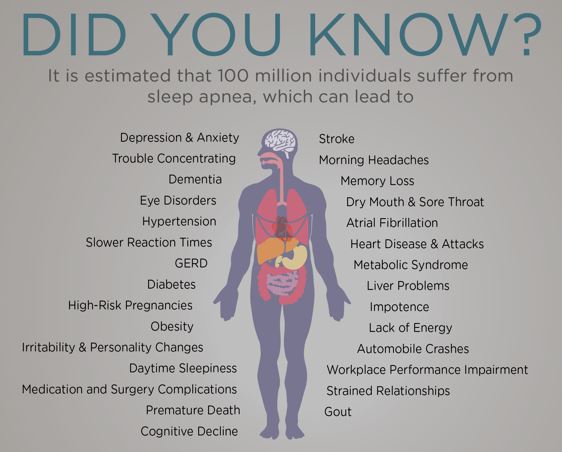Men’s Health Month — Let’s Talk Sleep and Intimacy
June Is Men’s Health Month — Let’s Talk Sleep and Intimacy
Sleep is a vital part of every man’s health — and poor sleep doesn’t just cause fatigue and brain fog. For many men, untreated sleep apnea may be contributing to another deeply personal health issue: erectile dysfunction (ED).
At Comprehensive Sleep Care Center, we believe that Men’s Health Month is the perfect time to raise awareness of the often-overlooked connection between sleep quality and sexual health.
What Is Sleep Apnea?
Obstructive Sleep Apnea (OSA) is a common but serious sleep disorder in which the airway repeatedly becomes blocked during sleep. This causes breathing to stop and start multiple times an hour — preventing your body from getting the oxygen it needs.
Signs of sleep apnea include:
- Loud snoring
- Gasping or choking during sleep
- Daytime fatigue
- Morning headaches
- Difficulty concentrating
How Are Sleep Apnea and Erectile Dysfunction Linked?
Studies show that men with sleep apnea are more likely to experience erectile dysfunction. This isn’t just correlation — there are clear biological reasons for the connection:
🔸 Low Oxygen Levels
Sleep apnea reduces oxygen in the blood, which affects the vascular system and can impair blood flow to the penis — a crucial factor for erections.
🔸 Hormone Disruption
Sleep apnea interferes with the body’s natural testosterone production, especially since testosterone is released during deep sleep.
🔸 Chronic Fatigue and Mood Changes
Poor sleep impacts mood, energy, and stress — all of which can influence sexual performance and interest.
🔸 Vascular Damage
Both sleep apnea and ED share a common risk factor: cardiovascular disease. Damaged blood vessels can limit blood flow to key areas of the body, including the genitals.
The Good News? Treating Sleep Apnea May Improve ED
For many men, treating sleep apnea results in better sleep, higher energy, improved testosterone levels — and a significant improvement in sexual health.
Common treatment options include:
- CPAP therapy: Keeps the airway open and oxygen flowing throughout the night.
- Oral appliance therapy: A comfortable, travel-friendly CPAP alternative worn in the mouth.
- Lifestyle changes: Weight loss, reducing alcohol intake, and improving sleep hygiene can also help both sleep apnea and ED.
Take Action for Your Health This June
If you or a loved one is dealing with symptoms of sleep apnea or erectile dysfunction, don’t wait. These are not just quality-of-life issues — they’re signals from your body that something deeper may be wrong.
At Comprehensive Sleep Care Center, we specialize in diagnosing and treating sleep disorders with compassion and expertise. Our team works with your primary care doctor or urologist to provide a full-circle approach to your health.
Book Your Sleep Evaluation Today
✅ Covered by most insurance plans
✅ Virtual and in-person appointments available
✅ Serving Virginia, West Virginia, DC, and Maryland
Take the first step toward better sleep, better health — and a better quality of life.

